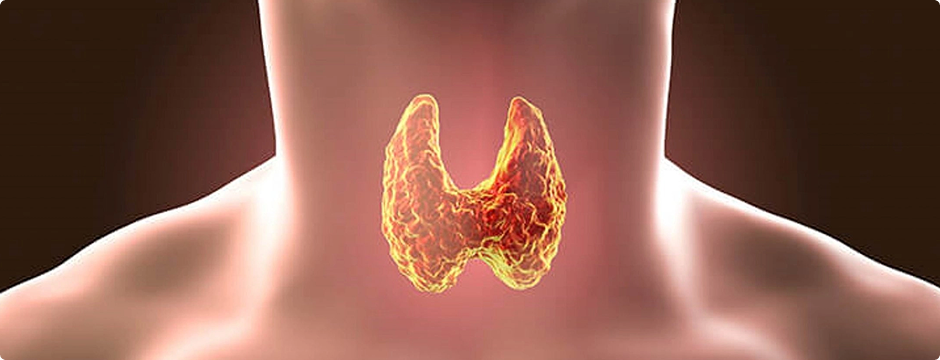
Expert Care for Hypoparathyroidism in Chennai

Hypoparathyroidism is a rare yet significant condition characterised by the inadequate production of parathyroid hormone (PTH) by the parathyroid glands. This deficiency results in low calcium levels (hypocalcemia) and elevated phosphate levels in the blood, leading to potential issues with nerve, muscle, and bone health. It may arise from various factors, including genetic predispositions, surgical interventions, or autoimmune disorders. Dr. Thalavai Sundarram offers specialised hypoparathyroidism treatment in Chennai, ensuring accurate diagnosis and effective long-term management.
Causes of Hypoparathyroidism
- Post-Surgical Hypoparathyroidism A common complication following thyroid or neck surgery.
- Autoimmune Diseases Conditions where the immune system mistakenly attacks the parathyroid glands.
- Genetic Conditions Inherited disorders that disrupt normal parathyroid function.
- Magnesium Imbalance Both low and high magnesium levels can interfere with PTH production.
- Radiation Therapy Damage to the parathyroid glands resulting from radiation treatment.
- Idiopathic Hypoparathyroidism Cases where the cause remains unknown.
Recognising Symptoms of Hypoparathyroidism

Muscle spasms

Tingling and numbness

Fatigue and weakness

Brittle nails and dry skin

Memory issues and confusion

Seizures
Diagnosis of Hypoparathyroidism
- Blood Tests – To measure calcium, phosphorus, and PTH levels.
- Urine Tests – Examining calcium excretion rates.
- Bone Density Scan (DEXA scan) – To identify osteoporosis or reduced bone mass.
- Genetic Testing – To explore hereditary factors.

Outcomes of Expert-Led Hypoparathyroidism Treatment
- Stable Calcium Regulation – Prevents hypocalcemia-related symptoms such as muscle spasms, tingling, and seizures.
- Enhanced Bone and Neuromuscular Health – Reduces the risk of osteoporosis, cramping, and neurological disturbances.
- Improved Quality of Life – Minimises fatigue, cognitive dysfunction, and mood fluctuations.
- Lower Risk of Complications – Expert management helps prevent kidney damage and cardiovascular risks associated with calcium-phosphate imbalances.
Complications of Untreated Hypoparathyroidism
These are complications associated with hypoparathyroidism, not hyperparathyroidism as in the previous prompt. Hypoparathyroidism, characterised by insufficient parathyroid hormone, leads to low calcium levels, resulting in a variety of health problems. Osteoporosis can develop, making bones fragile and prone to fractures. The risk of kidney problems arises, not from excess calcium, but from the body's altered calcium and phosphate balance. Heart issues, specifically irregular heartbeats, can occur due to the calcium imbalances. Vision problems, such as cataracts, may also develop.
In severe cases, hypoparathyroidism can cause tetany, characterised by severe muscle spasms, which can potentially affect respiratory function and become life-threatening.
Enhancing Quality of Life with Hypoparathyroidism Management
Though hypoparathyroidism is a lifelong condition, effective treatment can significantly improve quality of life. Regular medical check-ups, a calcium-rich diet, and compliance with prescribed medications are crucial to sustaining a stable and healthy existence. If you notice symptoms such as muscle spasms or tingling sensations, don’t hesitate to seek medical advice for prompt diagnosis and management.

Medically Reviewed by
Dr. Thalavai Sundarram
Endocrinologist
M.S., M.Ch (Endocrine Surgery) FARIS
BOOK APPOINTMENT

